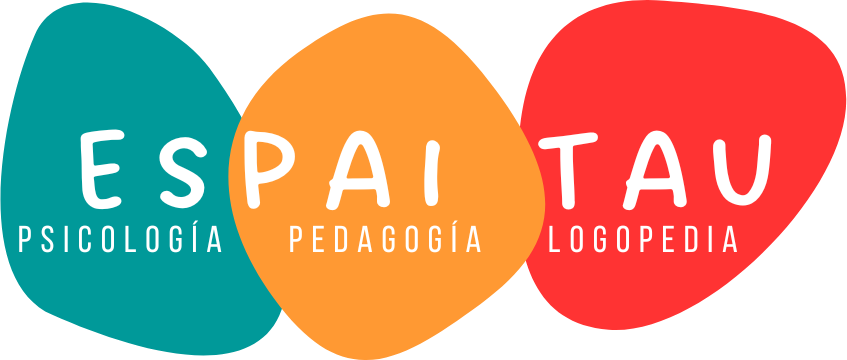FOR PARENTS

Normal Characteristics of Language Acquisition of the bilingual child:
- If the child is learning two languages at the same time, there may be errors that change between the two languages. This is because your child’s first language can influence the way he or she speaks or pronounces certain sounds in other languages.
- Silence while the secondary language is being spoken by other people. Your son or daughter is listening to the language in order to learn it, and can probably understand it better than you can speak it.
- Change languages in the same sentence.
- Loss of command of his/her first language, if he/she stops using it.
Understand when to visit the speech therapist
Some learning and language difficulties may be more difficult to detect in bilingual children since it is assumed that these difficulties are attributable to the fact that they are learning new languages. If you suspect that your son or daughter has a speech difficulty or problem, you should take them to a speech therapist for a check-up.
Here are some ways to detect the most common signs of speech problems that can be missed or misdiagnosed in bilingual children:
- Stuttering
You may notice that your bilingual son or daughter stutters when he or she is having difficulty finding a word, using both languages in the same sentence (normal bilingual language development), or while speaking in more complex sentences. All of this can lead to an increased stuttering.
Remember:
- Speak to your son or daughter in one language at a time.
- Allow your child to mix vocabulary between languages, but respond using the same word in the primary language being used or if six months have passed and the stuttering is still noticeable, make an appointment with the speech therapist.
- Silence
While some bilingual children remain silent because they are trying to learn a language, silence can also be caused by anxiety that prevents them from speaking in certain situations (selective mutism). Being bilingual does not cause selective mutism, but the anxieties that a child already has when speaking can be triggered when they find themselves speaking a language in which they feel most uncomfortable. This can affect the primary language as well. Detecting selective mutism in your bilingual son or daughter can be difficult as many bilingual children go through a “silent period” when they are learning a new language.
- Incorrect speech
A speech disorder may not affect both languages in the same way, since each language is structured differently. Any speech disorder in a child has differences in all spoken languages, as each language uses different sounds at different times. If your son or daughter is having difficulty pronouncing certain sounds, visit a speech therapist.
- Dyslexia
The signs in bilingual children with dyslexia are the same as in monolingual children, but are usually detected later since the difficulties that a child is having are attributed to the difficulties they have when learning a language. If your son or daughter is having difficulty in both languages learning words or numbers, understanding readings, and mixing letters and numbers, he or she may have dyslexia. Bilingual children believed to have dyslexia should be tested in both languages.
ESPAI TAU KIDS TEAM
